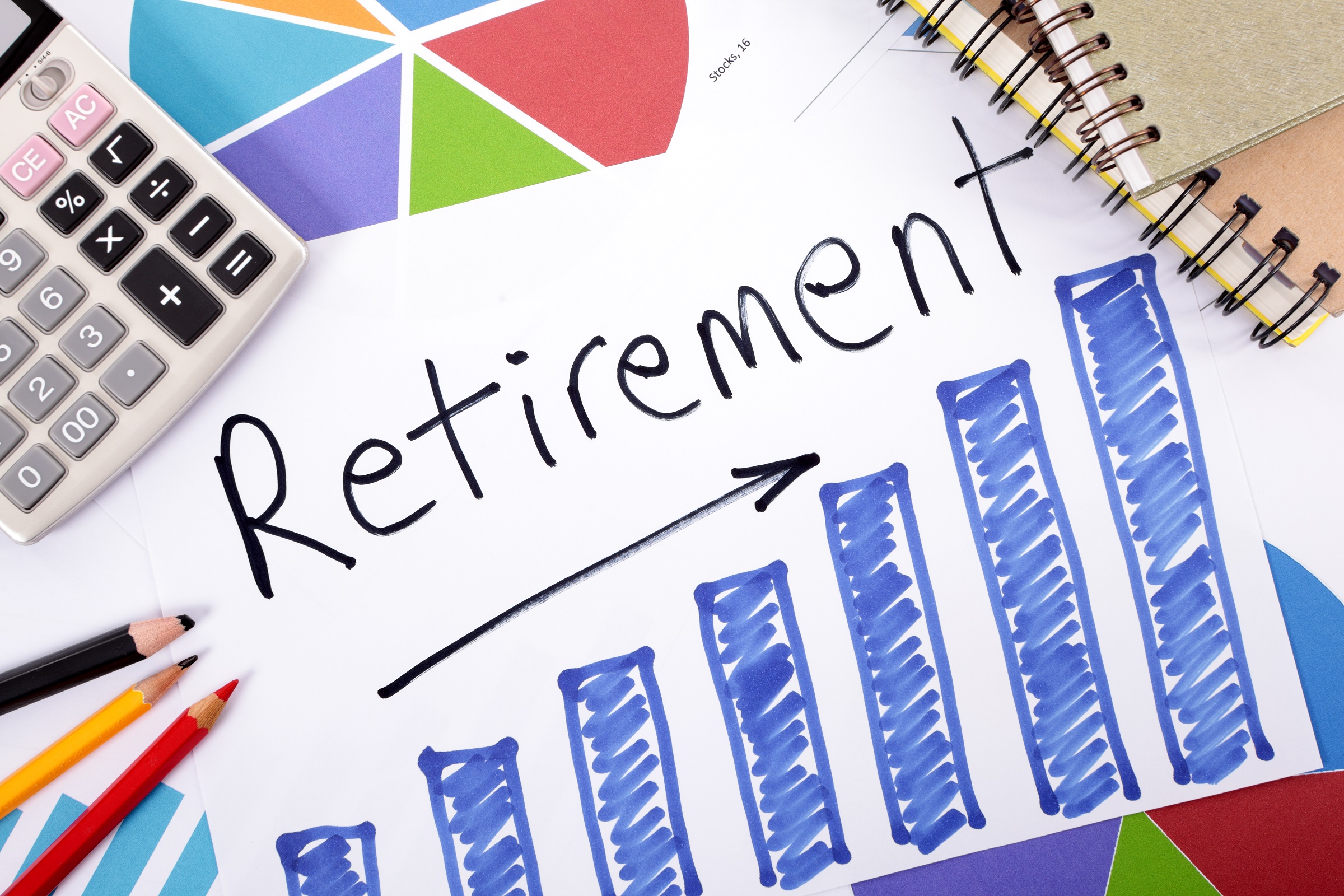
The Pros and Cons of Saving Your Money and Being Part of a Pension Scheme
To save or invest in a pensions towards your retirement? One of the biggest questions you need to ask yourself while you still in employment. Saving does have its advantages over pensions in that you can access your funds earlier and don’t have to wait for the official retirement age to get your money. But is saving harming your future? Pensions are usually only available upon leaving full time employment at the right retirement age. The great thing though is your pension is exempt from tax, leaving you to enjoy your years without worrying too much about a huge chunk being taxed out.
Perhaps the following will help you in your decision when it comes to either having a personal savings account towards your retirement or joining a pension scheme.
Your Savings goals
Do you have a set amount that you wish to have securely in the bank when you retire? How are you saving towards that envisioned amount and will you consider investing the money into other ventures or instruments personally to help your nest egg grow?
What will the savings cover in retirement
Have you considered what kind of lifestyle you will lead in your golden years. Do you wish them to cover the costs of a small business, do you want to travel? Do you intend to emigrate and live in a foreign country? All these things have to be considered as you financially plan for your future.
How can you make your savings last
Do you want to continue re-investing your funds? Or perhaps adopt a much simpler lifestyle to make sure you do not end up outliving the money you have spent so many years working for. To know if saving is harming your future you must answer this question.
How much should you save each year for retirement
This ties in to your savings goals and how much to save towards your retirement. Financial experts advise the best is to start at saving 15% of your earnings each month towards your fund. The amounts vary individually and may be different for everyone. The bigger the amount you want to save, the bigger the percentage you contribute.
In light of the above considerations, it’s safe to say saving has to begin as early as possible, there is no such thing as waiting for the next big promotion and bonus to stash away for your retirement. For those straight from university, and new to the working world starting this as soon as you will certainly help you in the long run.
With your own personal retirement savings account, you have full control of the entire process and can keep an eye on your investments on your own. Hopefully the money you set aside will continue to earn a good compound interest over the years and will weather the unpredictable economic conditions such as inflation and loss of some interest. Other things to bear in mind are periods of unemployment, pay increases or reductions where you may not be able to contribute to your fund.
Pension Schemes
This brings us to consider yet another option, joining a pension scheme. On this you have two options at your disposal. Your employer’s pension scheme, if they have one and the statutory government pension scheme. A pension scheme works as a social protection measure. It covers you in times of unemployment due to ill health, injury and death. The pension is also a fund that helps you get a new start in life. Especially if you want a complete career change altogether.
Why join a scheme you may wonder. Well, for one, the private scheme offers you the opportunity to contribute a higher percentage towards your retirement. This is matched by your employer. The funds are paid into a private scheme that invests your money in various financial instruments. These grow your money so you can receive a decent amount when your time of employment comes to an end.
These funds are secure as they are managed by dedicated administrators who make sure to invest in profitable instruments.
So, is saving harming your future? After weighing the above, it is evident investing in a pension fund is more time and cost effective. It is also safer for your money in the long term.



